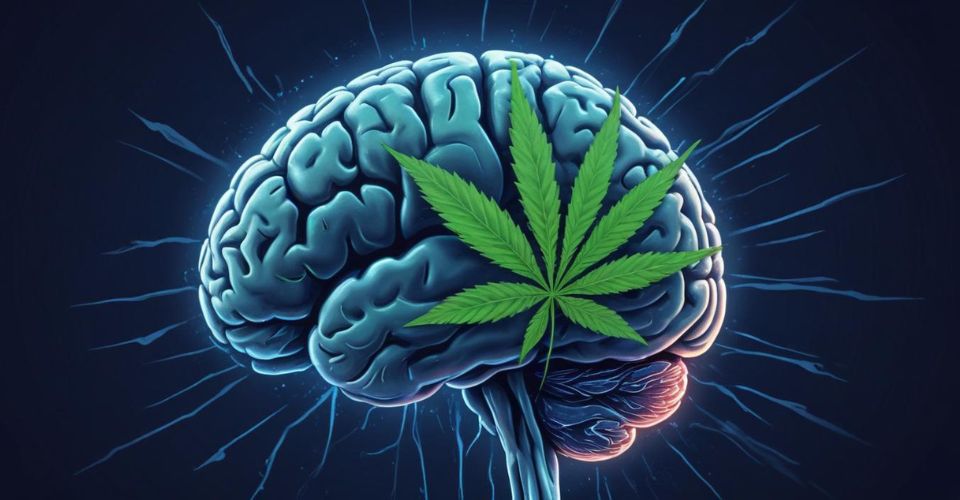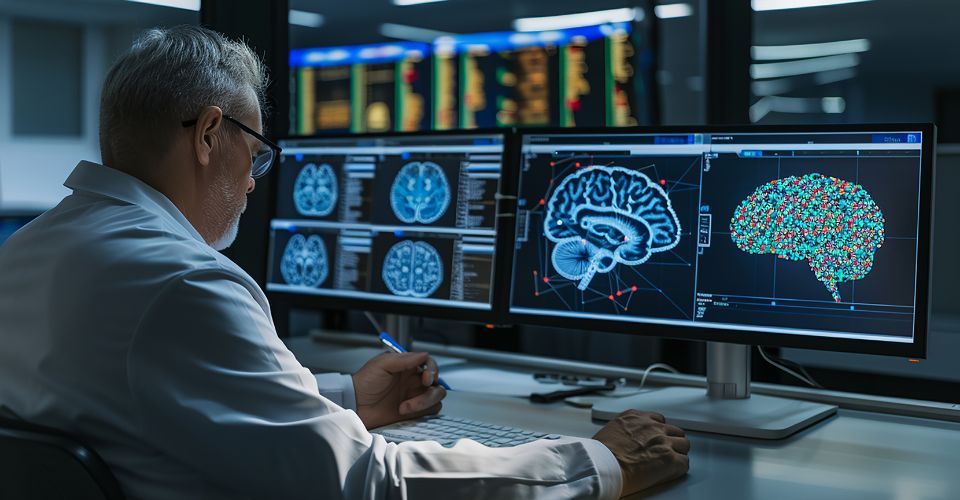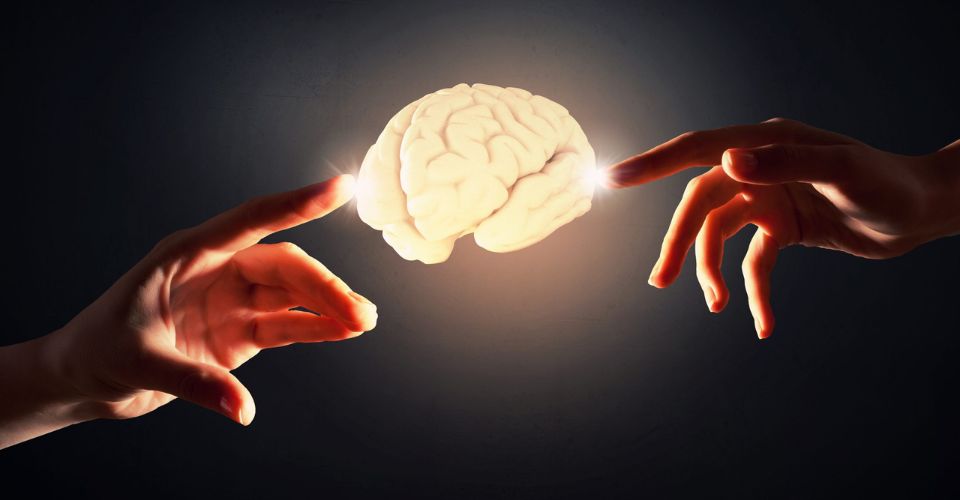Paranoia: Symptoms, Causes, and Treatments- An Expert View
The spread of paranoia among students as a mental health concern is a recent trend in Wiley Psychology and Psychotherapy.
Researchers claim that trust issues and unusual social situations are the main reasons for the rise of paranoid thoughts among student populations.
Paranoia that is defined by constant threat perceptions without solid evidence is a major challenge to people undergoing such an experience.
Paranoid thoughts are like delusions according to Dr. Imran Noorani, a consultant psychologist at Sir Ganga Ram Hospital’s Child Development Center, emphasizing the many faceted nature of perceived threats.
Dr. Noorani explains that “Paranoid thoughts resemble delusions encompassing diverse types of perceived threats that induce fear and worry in individuals.” Symptoms of paranoia are exhibited in various ways in a person’s life.
They may include perpetual anxiety or stress that is caused by unfounded beliefs about other people and pervasive distrust, feelings of not being believed or understood, and deeply held feelings of being wronged or persecuted with no real danger.
These symptoms result in deep and painful ruptures in relationships leading to social and occupational isolation for the affected individuals.
Understanding the Causes for Paranoid Thoughts: Complex Interaction between Different Elements
1. Genetics
In an enlightening study featured in the journal Biology Letters, compelling evidence is presented linking paranoid thoughts to genetic predispositions.
This research underscores the notion of a genetic underpinning for certain delusional thoughts and behavioral patterns, highlighting the intricate connection between genetic factors and the manifestation of paranoid ideation.
2. Stress
The significance of stress management techniques is underscored by several studies, among which is the research published in the Schizophrenia Bulletin.
This study specifically pinpoints stress as a pivotal and substantial factor contributing to the genesis and progression of paranoid thoughts.
It emphasizes the crucial role of effective stress management methods in mitigating the development and exacerbation of paranoid ideation.
3. Brain Chemistry
This is a research article featured in the Proceedings of the National Academy of Sciences (PNAS) that delves into the intricate realm of neurochemistry thereby shedding light on the role played by different neurotransmitters.
Some of the neurotransmitters include dopamine which is important for understanding paranoid thoughts formation.
This study shows how neurochemical processes particularly neurotransmitter intricacies such as dopamine are significantly involved in paranoid ideation complexities.
4. Drug Use
A research paper shows how certain drugs like methamphetamine, PCP (angel dust), and LSD can trigger paranoid behavior/delusion.
To treat these thoughts properly it should be tailored depending on their causes and their intensity.
Dr. Noorani explains that paranoid ideas can be reduced in a number of ways such as accepting vulnerability, increasing self-confidence, developing trust and learning to express one’s emotions.
Approaches in Treating Paranoia
1. Psychotherapy
This is a type of therapy that aims to develop better social interactions and communication skills.
2. Medication
Depending on the diagnosis which could be paranoid personality disorder or paranoid schizophrenia, there are drugs that can be prescribed such as anti-anxiety, antipsychotics and antidepressants.
3. Counseling
There is need for both individual and family counseling so as to deal with this condition in terms of its impact on relationships as well as social dynamics.
4. Drug-Induced Paranoia
Drugs can cause a person to get paranoid thoughts and when this happens managing the symptoms until the effects wear off may necessitate subsequent rehabilitation programs.
Paranoia can lead to serious mental health issues if left untreated. Timely intervention and appropriate treatment options will minimize the negative impact of these paranoid thoughts on everyday life.
In conclusion, it is important to understand the intricacies related to paranoia, its causes and treatment avenues available to offer guidance to individuals suffering from this mental health problem.




























